Twenty players were disqualified from the Fide World University Online Championships, out of almost 900. Does that call for moral despair, righteous jubilation, or just a weary shrug? It is no revelation that policing the game has become a major challenge, made all the more urgent by the shift toward playing online.
The first obstacle is a technical one — how to identify all the bad apples without picking up false positives? Kenneth Regan is a computer scientist and international master whose statistical research has shown that the raw moves are packed with clues. Using the suggested moves from a top chess engine as a benchmark, his software can quantify how precisely a player has played. If an amateur player outperforms top grandmasters on these measures, there are reasonable grounds for suspicion. Further information may come from a player’s webcam stream, or an unnatural pattern of thinking time.
But it’s the second challenge, the social one, which hasn’t received the attention it deserves. It’s not enough to be good at cops and robbers — organisers (in this case Fide) must convince the wider public that their procedures have moral force. It is conceivable — though we don’t know — that the organisers of this event aced the technical challenge. They utterly failed the social one, because the stated reasons for disqualifying 20 players were terse in the extreme. The report from the tournament’s ‘fair play panel’ notes that they considered a) statistical evidence, b) Host internet platform (HIP) evidence c) physical evidence, d) expert opinion. ‘The statistics included several parameters, which combined with the other criteria lead to the decision for disqualification.’ That’s about it.
One player to be singled out was Iulija Osmak, who represented the University of Texas Rio Grande Valley. In the Women’s Rapid section, Osmak, an international master, was the top seed, so on paper her 4.5/5 result was not surprising. Nevertheless, the fair play panel decided to count her games as losses, so the title was awarded to Julia Antolak. Since the evidence which led to Osmak’s disqualification has not been made available, she has no practical way to defend herself. Even the ruling itself was equivocal — out of four panellists, only two voted in favour, with one against and one abstention.
I don’t believe, as some do, that greater transparency will enable would-be cheaters to evade detection. The main statistical concepts are already well publicised, so a committed cheat can already look for ways to fly under the radar. But the wider issue is that revealing so little information undermines trust among honest players. It gets worse still — there is actually no concrete accusation to back up the disqualification. The ruling comes with this proviso: ‘Neither Fide nor the Hosting Internet Platform claims that the determination of a suspected fair play violation is proof of actual cheating or an admission of guilt by the disqualified player.’ This may be legally cautious, but it is morally empty, and the fact that it was written into the regulations doesn’t make it any more palatable. Is it even worth adding that the players (including Osmak) have been given no right to appeal against the unsubstantiated non-accusation?
A revealing moment from an over-the-board game, Allwermann–Kalinitschew, played in Germany in 1999. White, an amateur facing a grandmaster, is winning comfortably, but raised eyebrows by playing the flamboyant 31 Qa7, which happened to be the choice of Fritz 5.32, one of the strongest engines at the time. (31…Rxa7 32 Rf8 is mate) Almost anyone would choose a simpler move such as 31 Rc7 or 31 Rxb7 (and funnily enough, a modern engine prefers those moves as well).
Got something to add? Join the discussion and comment below.
Get 10 issues for just $10
Subscribe to The Spectator Australia today for the next 10 magazine issues, plus full online access, for just $10.
You might disagree with half of it, but you’ll enjoy reading all of it. Try your first month for free, then just $2 a week for the remainder of your first year.

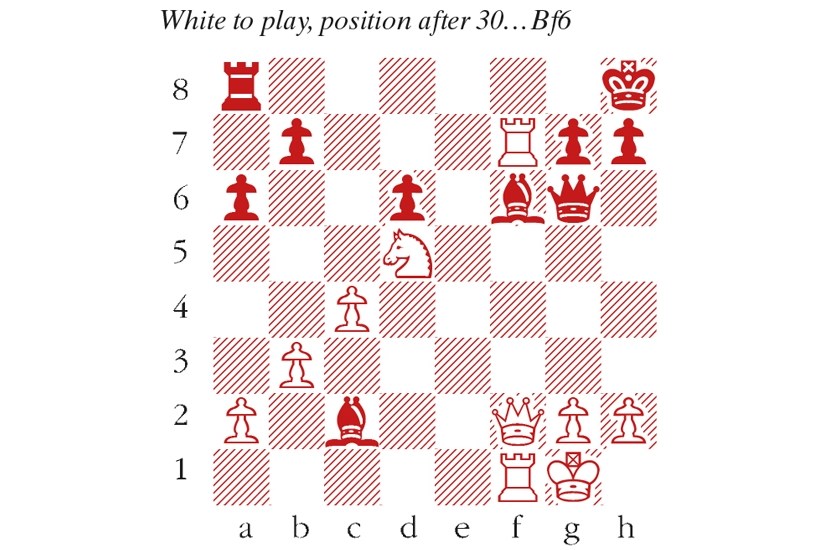

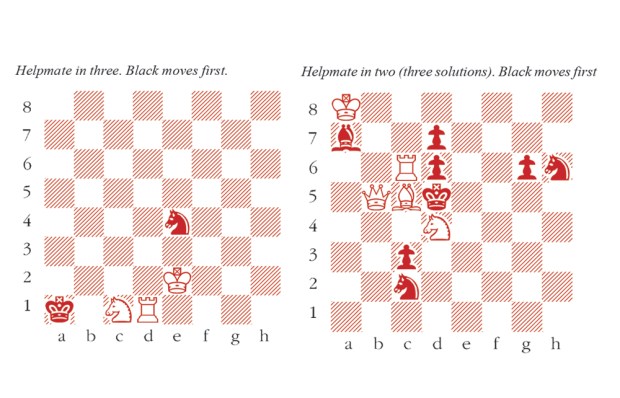
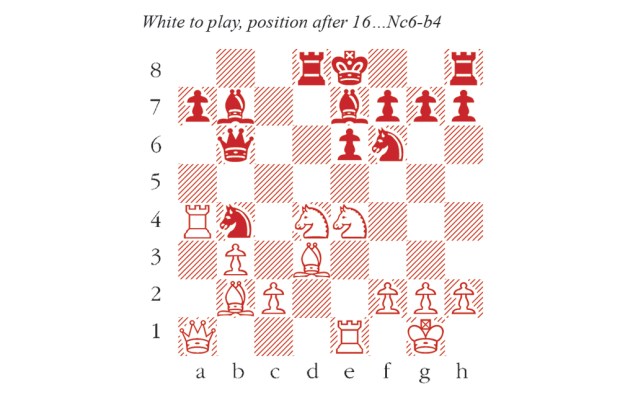
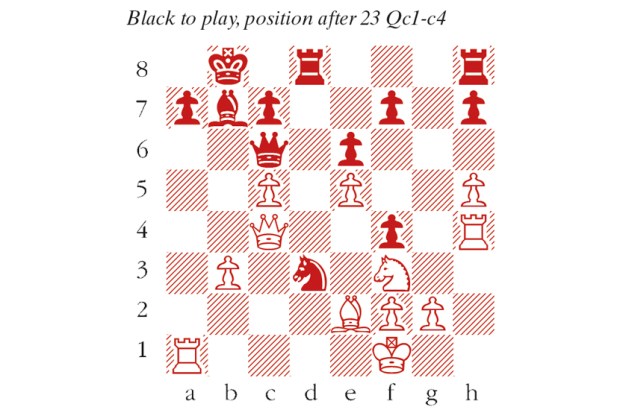
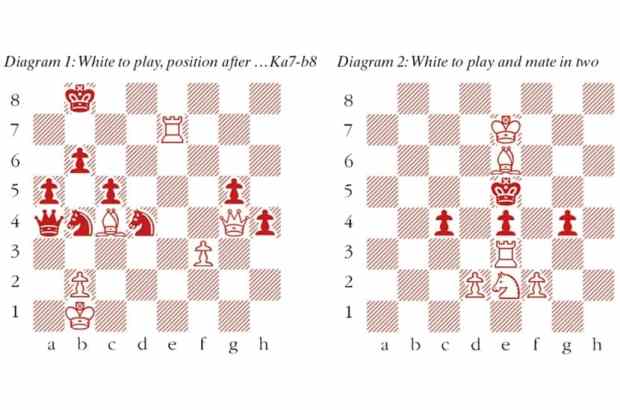
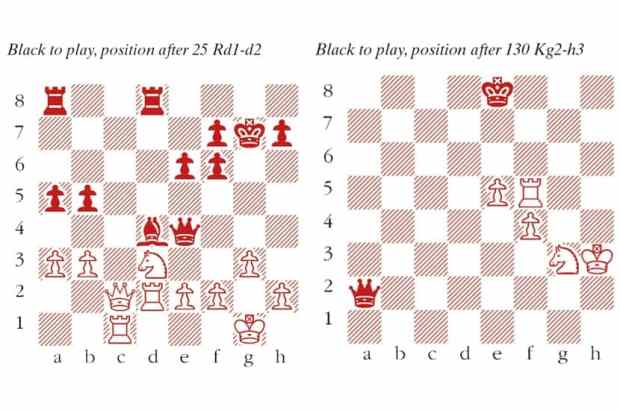






Comments
Don't miss out
Join the conversation with other Spectator Australia readers. Subscribe to leave a comment.
SUBSCRIBEAlready a subscriber? Log in